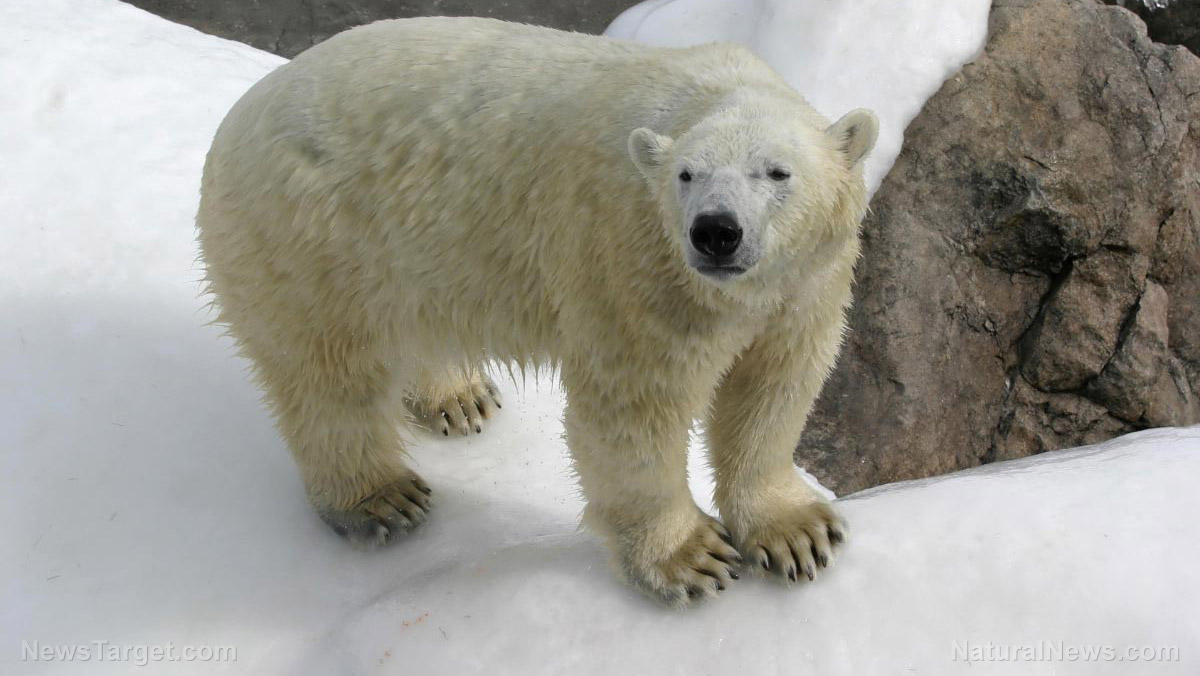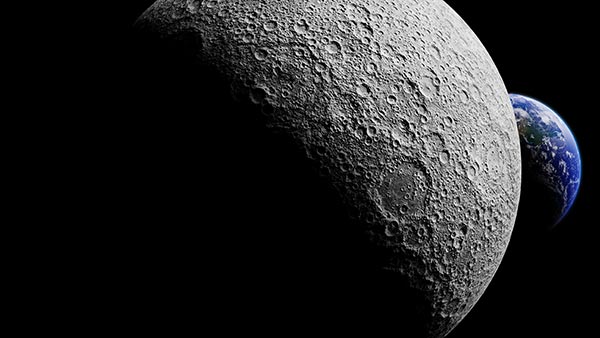 Parler
Parler Gab
Gab
The great big polar bear die off is not happening, even during the summer months
Many people are beginning to notice that the global warming scare campaign NO longer uses polar bears as props. It turns out that this issue was never a serious ecological problem to begin with. Polar bear populations continue to thrive many years after all the emotion-rousing propaganda was published. A Grist article recently asked why the climate movement doesn’t talk about polar bears anymore. The article points out that dying polar bear have “largely fallen out of fashion” through “overexposure” resulting in polar bear images invoking “cynicism and fatigue.” For years, climate activists portrayed polar bears as symbolic victims of global warming, emphasizing their dwindling numbers due to melting ice caps. In 1999, biologist Ian Stirling produced a film hyping a “climate warming” with fears of Hudson Bay polar bears dying off in droves. His paper was used to support a Time Magazine cover in 2000, warning of an “Arctic Meltdown” with pictures of polar bears on the verge of collapse in the arctic seas. In 2007, Andrew Derocher and his colleagues predicted that polar bear populations would collapse in the coming years. However, recent scientific studies have challenged some of these fear-mongering narratives and highlighted a more complex reality. While certain animal populations face challenges due to habitat loss, others have shown signs of resilience and adaptation. This discrepancy between activism's portrayal and scientific findings raises questions about the accuracy and effectiveness of messaging around polar bears and climate change propaganda. Newspapers and scientific publications have an ethical responsibility to present ecological and environmental issues without appealing to emotions and forces of political propaganda. While scientists widely acknowledge that shrinking Arctic ice poses a significant threat to these iconic creatures, the reality is that they are not dying off in record numbers and are even thriving during the summer, when the ice caps are at their lowest level. In 2017 and 2018, National Geographic over-hyped the lie that polar bears were starving and dying off in record numbers. It turns out that polar bear population in the Chuckchi Sea have thrived in the summer months when ice levels are at significant lows. It turns out that polar bears don’t even need ice to survive year-round. In certain areas of the world, sea ice has retreated. Between 1979 and 2013, the ice-free summer season increased by 20 weeks in the Barents Sea. Other areas in the arctic retain their ice sheet each year. Regardless, the changes in ice quantity in these areas has not affected the overall population of polar bears. It turns out that these animals are resilient. The real issue here is that humans have a tendency to virtue signal on issues they know very little about. When those issues are used to emotionally manipulate populations, they can be used to generate more funding for scientific hypotheses that drive political agendas. Sources include: Whatsupwiththat.com Grist.com NaturalNews.com PolarBearScience.comNorth Korea scrambles fighter jets after U.S. spy plane enters its economic zone
By Laura Harris // Share
Top Russian astronomer mysteriously ends up in hospital after FAILED moon mission
By Arsenio Toledo // Share
ANOTHER ONE? American Plant Food Corporation fertilizer plant in Texas BURNS to the ground
By Ethan Huff // Share
Prosecutors reject Trump’s request for 2026 trial in federal election case
By Cassie B. // Share
Governments continue to obscure COVID-19 vaccine data amid rising concerns over excess deaths
By patricklewis // Share
Tech giant Microsoft backs EXTINCTION with its support of carbon capture programs
By ramontomeydw // Share
Germany to resume arms exports to Israel despite repeated ceasefire violations
By isabelle // Share










